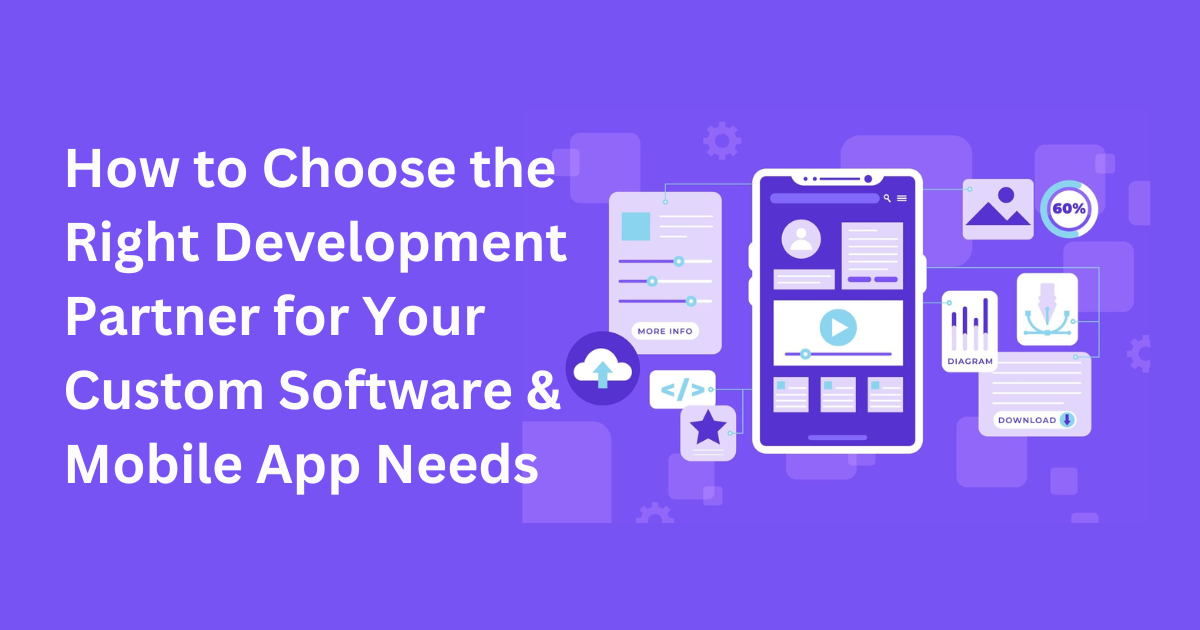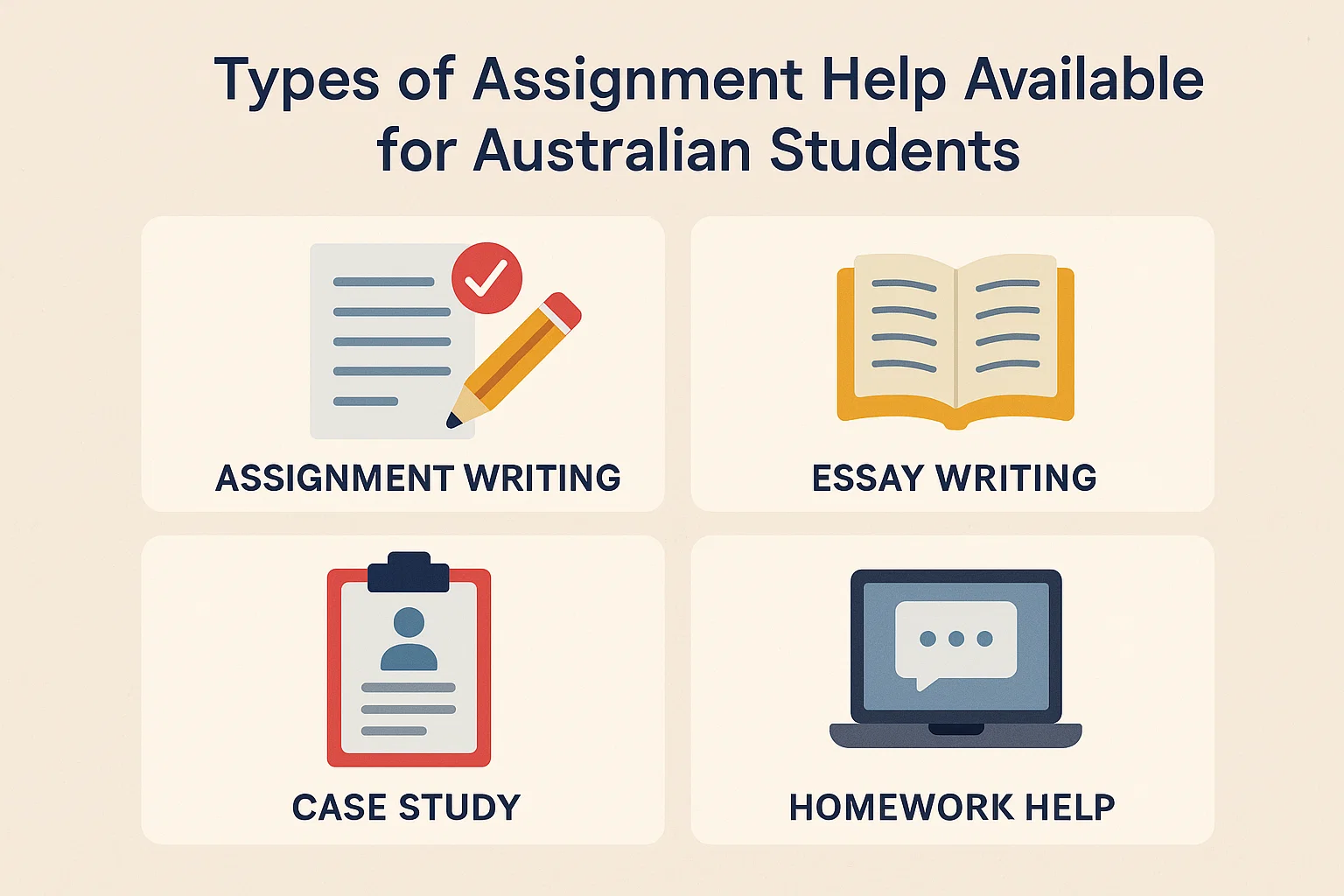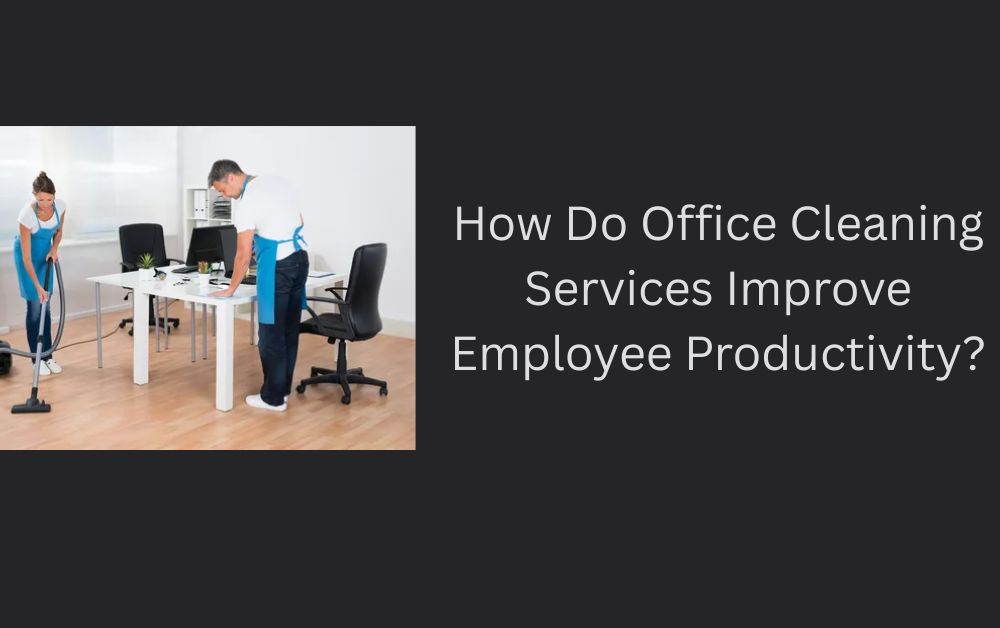In today’s digital-first world, businesses rely on custom software and mobile apps to enhance customer experiences, streamline operations, and stay ahead of the competition. However, choosing the right development partner is a decision that can make or break your project.
With an overwhelming number of development companies promising innovation, scalability, and cost-effectiveness, how do you separate the genuine experts from the ones that only look good on paper? Let’s break it down.
Understanding Your Needs Before You Search
Before you even begin your hunt for a development partner, take a step back. What are your exact requirements? Are you looking for a full-scale enterprise software solution, a sleek consumer-facing mobile app, or something in between?
Consider:
- The problem you’re solving – Is this about internal efficiency, market disruption, or a better customer experience?
- Your audience – Who will be using your software? The usability expectations for a B2B SaaS platform differ significantly from those of a social media app.
- Your budget and timeline – Setting realistic expectations early on prevents scope creep and frustration later.
Without clarity, even the best developer won’t be able to help you effectively.
Evaluating Technical Expertise & Industry Experience
Not all developers are created equal. Some specialize in enterprise-level systems, while others excel at crafting stunning mobile applications. The right partner will have a solid track record in:
- Relevant technology stacks – Whether you need React, Flutter, Python, or something more niche, their expertise should align with your project.
- Scalability considerations – A good developer builds software that grows with your business.
- Security best practices – Cybersecurity threats are real, and your software needs to be fortified from the ground up.
Industry experience is another key factor. A company well-versed in your niche understands the challenges, regulatory concerns, and customer expectations better than a generalist firm.
Checking Portfolio & Case Studies: Proof of Capabilities
Anyone can claim to build high-performance software, but can they prove it?
Look for:
- Case studies – These provide insights into their problem-solving approach, innovation, and ability to deliver results.
- Live applications – Download their apps or explore their software products to evaluate performance and design.
- Client testimonials – Reviews from past clients can reveal much about reliability, communication, and professionalism.
If a company lacks tangible proof of success, that’s a red flag.
Communication & Collaboration: The Silent Dealbreaker
A project’s success isn’t just about technical execution—it’s also about how well your team and your development partner collaborate.
Red flags to watch for:
- Slow responses or vague answers – If they struggle to communicate clearly before the project starts, expect worse when deadlines loom.
- Lack of transparency – You should always know what’s happening with your project.
- No defined process – Agile? Waterfall? If they can’t articulate their development methodology, proceed with caution.
The best teams work with you, not just for you.
Post-Launch Support & Maintenance: The Hidden Essential
Software isn’t a one-and-done deal. Bugs emerge, users request new features, and security updates are essential. Yet, many businesses overlook post-launch support when choosing a development partner.
Ensure that your partner offers:
- Ongoing maintenance – Fixes and improvements post-launch should be part of the package.
- Scalability options – Can they upgrade your software as your business grows?
- Support availability – If something breaks, how quickly can they resolve it?
A developer who disappears after launch is not a partner—it’s a liability.
Pricing vs. Value: Understanding the Cost of Development
Cheap development can be tempting, but you get what you pay for. Instead of fixating on the lowest price, focus on value.
What to consider:
- Does the price reflect expertise? High-quality development isn’t dirt cheap, but it should be fairly priced.
- Are they clear about costs? Hidden fees and surprise invoices are a no-go.
- Is their proposal detailed? A vague, one-page quote lacks accountability.
A good development partner provides transparency about cost while demonstrating how their work delivers long-term ROI.
The Role of UX/UI in Software Success
Even the most powerful software fails if users find it frustrating. That’s where UX/UI design comes in. A great development partner prioritizes:
- User-centric design – Navigation should be seamless and intuitive.
- Performance optimization – Slow load times drive users away.
- Aesthetic appeal – First impressions matter.
A company that invests in UX/UI understands that functionality alone isn’t enough—users must want to engage with the software.
Why Location & Cultural Fit Matter
Global outsourcing can be cost-effective, but misalignment in business hours, language barriers, and cultural differences may impact collaboration.
Questions to ask:
- Are their work hours compatible with yours? If you need real-time collaboration, time zone differences matter.
- Do they understand your market? A team unfamiliar with your audience may struggle to create relevant solutions.
- Is their company culture compatible with yours? Shared values and work ethic lead to smoother partnerships.
Local development teams may offer better synergy, but many firms successfully work remotely with structured communication processes.
Ensuring Legal Protection & Intellectual Property Rights
Custom software is a valuable asset—make sure you own it. Before signing a contract, confirm:
- Who owns the source code? Some firms retain ownership, restricting your ability to modify it.
- What happens if you switch providers? Ensure you can take your code elsewhere if needed.
- Is there an NDA? Confidentiality agreements protect your business ideas.
Clear legal agreements prevent unpleasant surprises down the road.
Making the Final Decision
By now, you’ve likely narrowed down your choices. The final step? Trust your instincts, but verify everything.
- Schedule a discovery call – See how well they understand your vision.
- Start with a small project – A trial phase helps assess their capabilities before committing to a long-term contract.
- Read the fine print – Never rush into an agreement without understanding the terms.
Choosing the right development partner isn’t just about finding someone with technical skills—it’s about forming a strategic alliance that drives your business forward.
In your journey to finding a development partner, taking the time to evaluate expertise, communication, and long-term support can save you from costly mistakes. If you’re looking for custom software development services in California, ensure you work with a team that values quality, transparency, and innovation.
Conclusion
The perfect development partner isn’t just a service provider; they’re an extension of your team. The right choice ensures your custom software or mobile app not only meets but exceeds expectations.
If you’re looking for mobile app development services in Atlanta, partnering with a company that understands both the technical and business aspects of your project will set you up for success.










